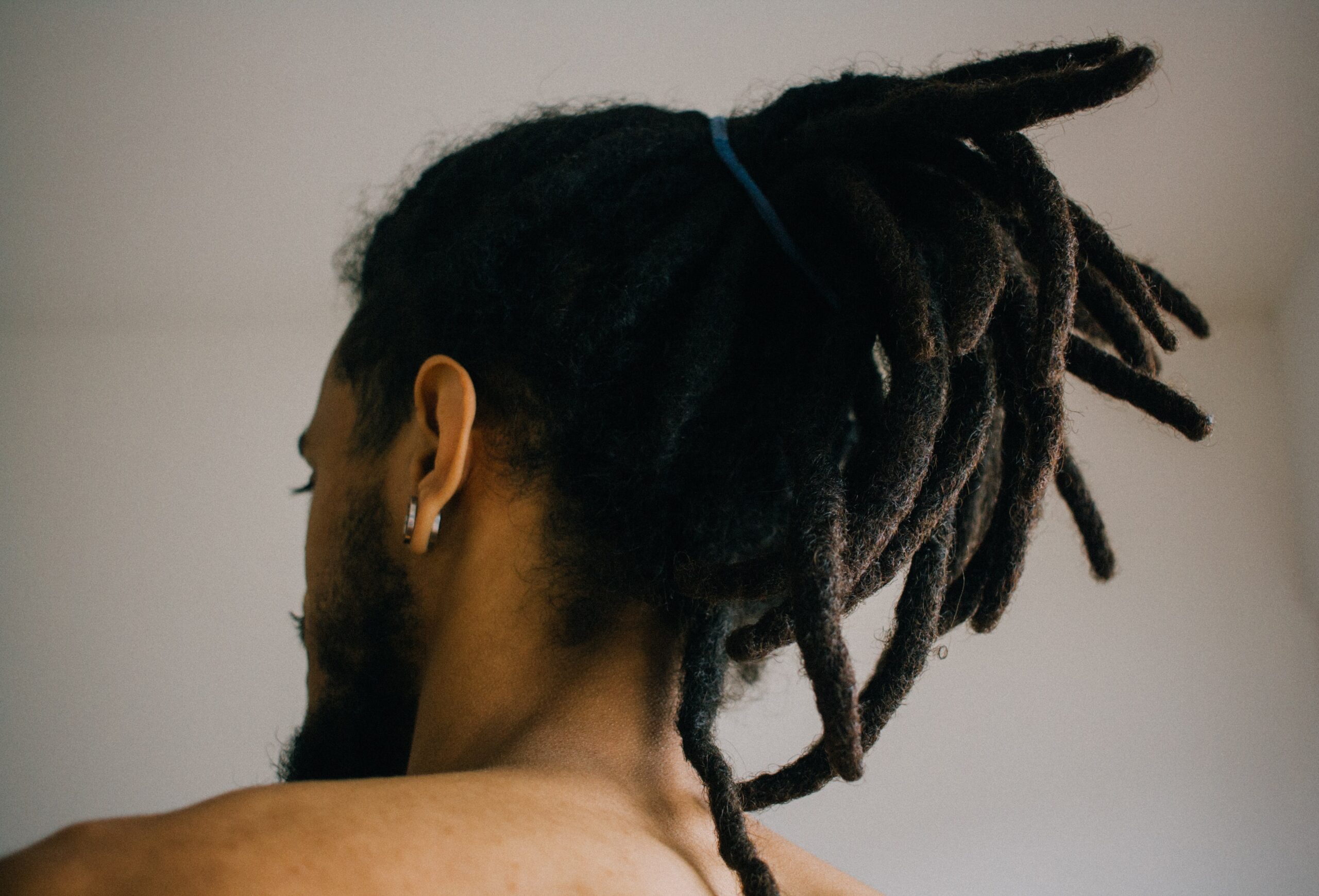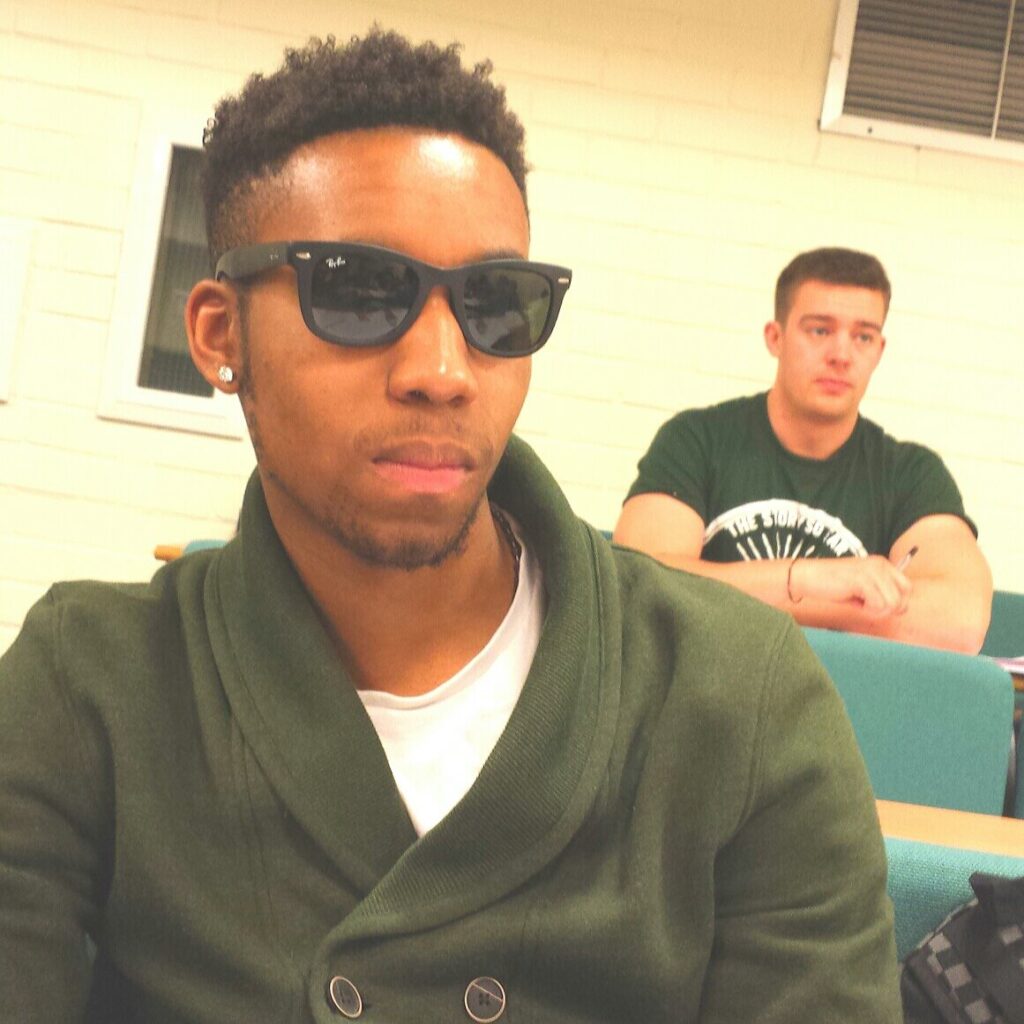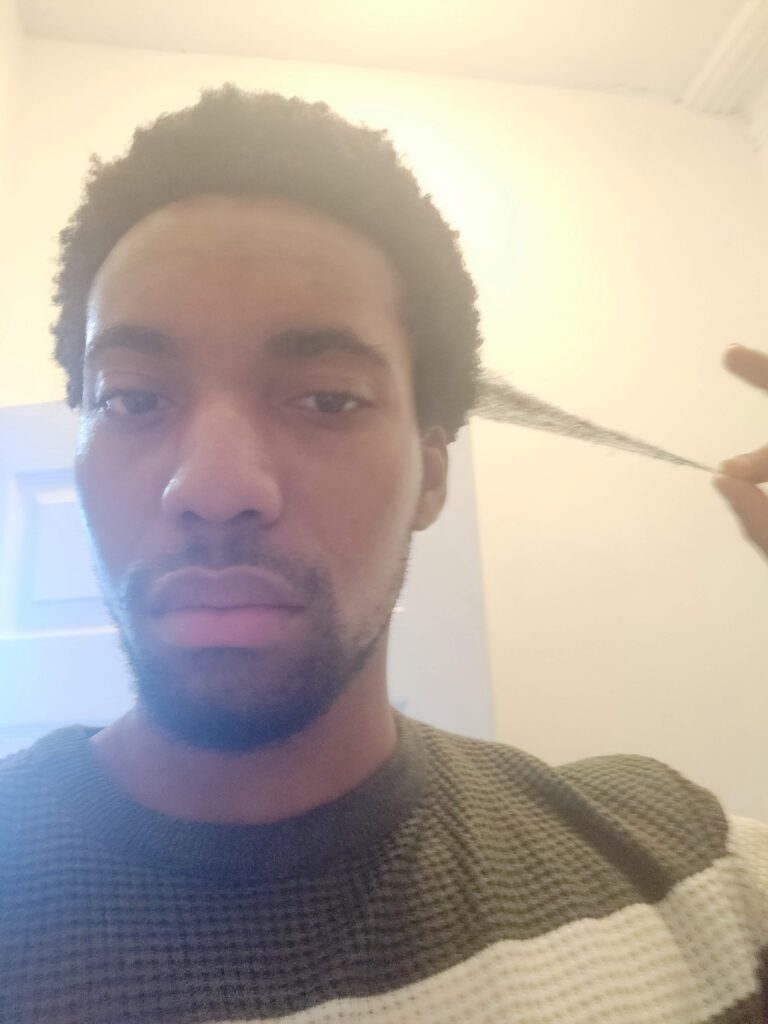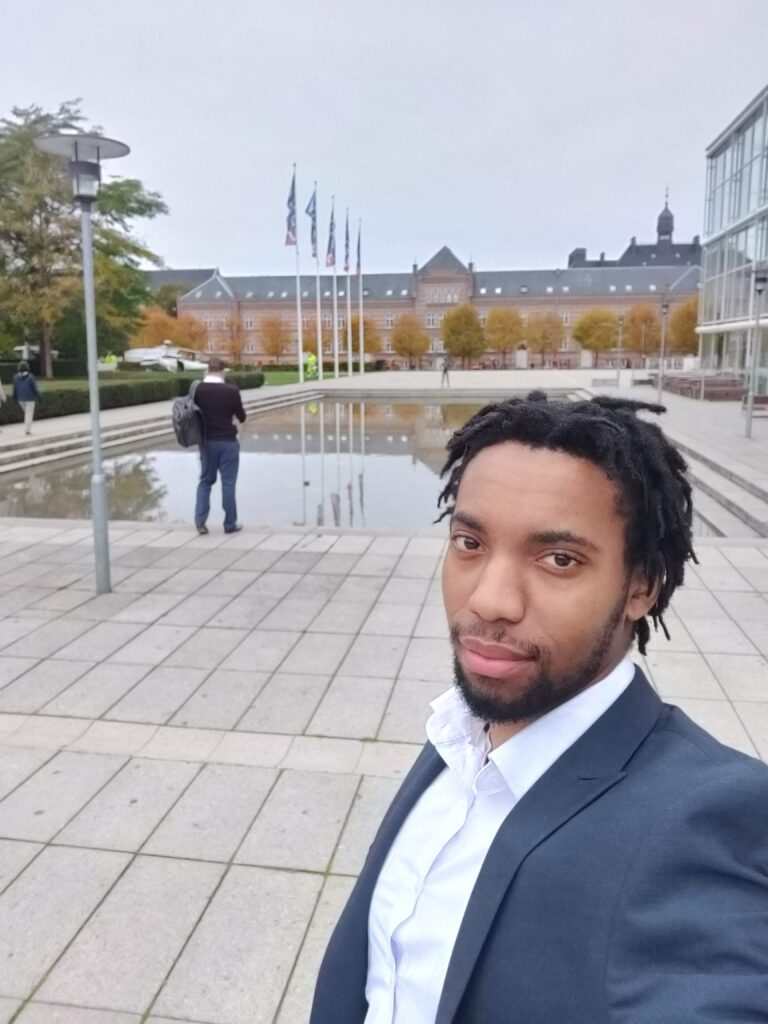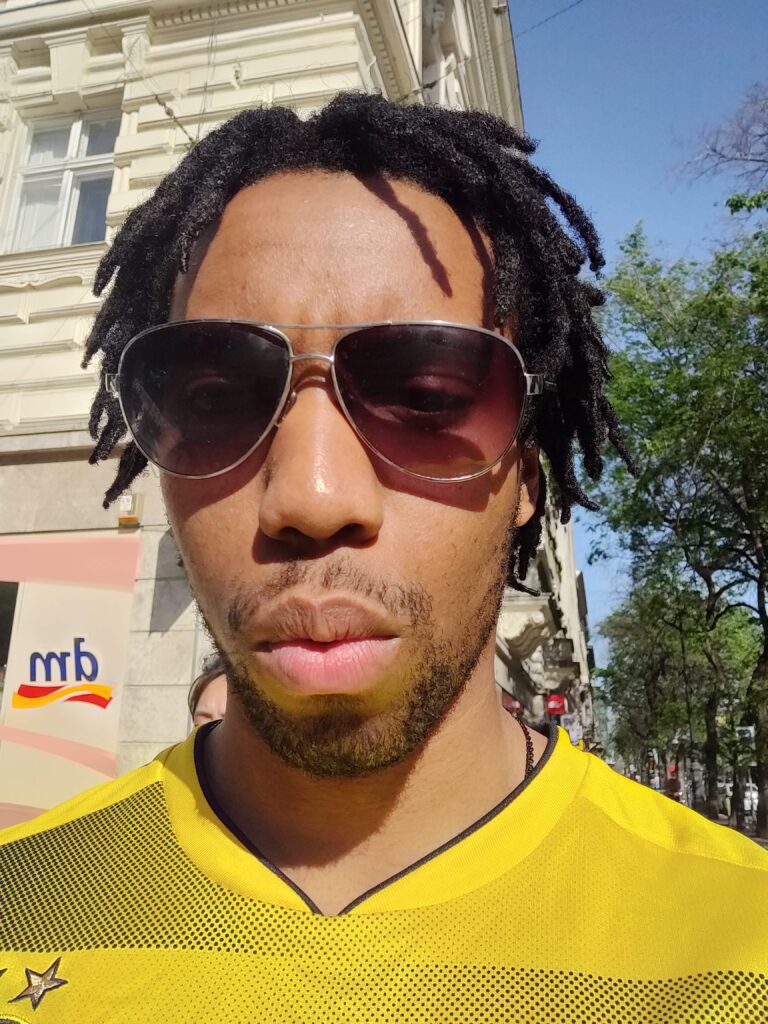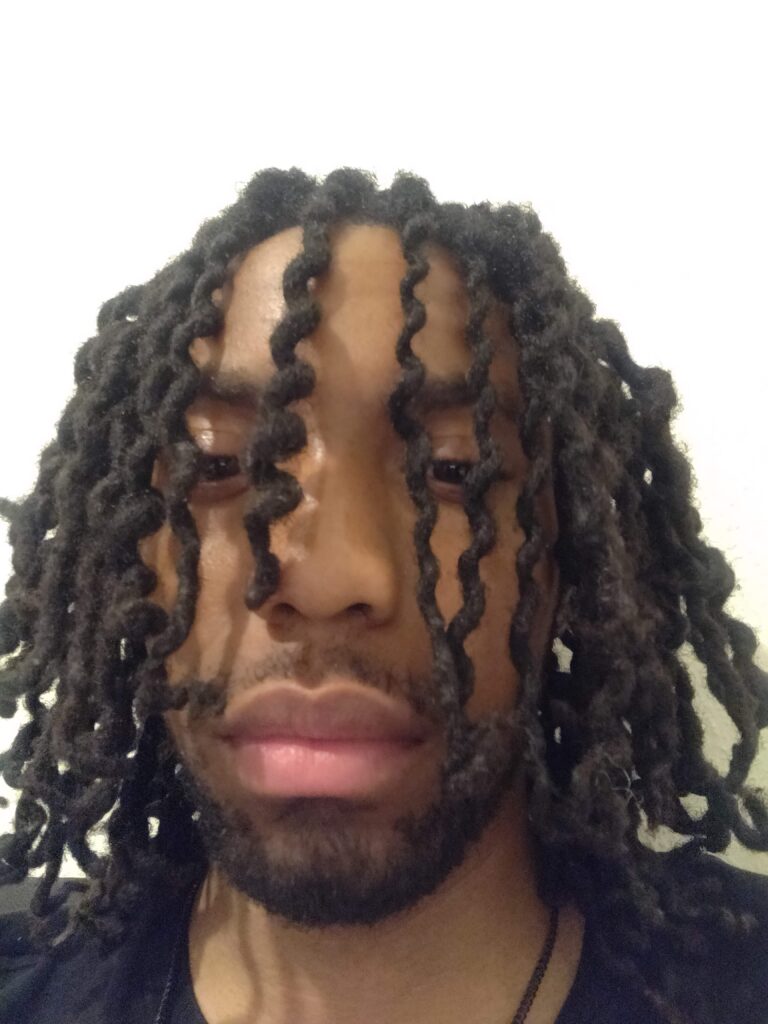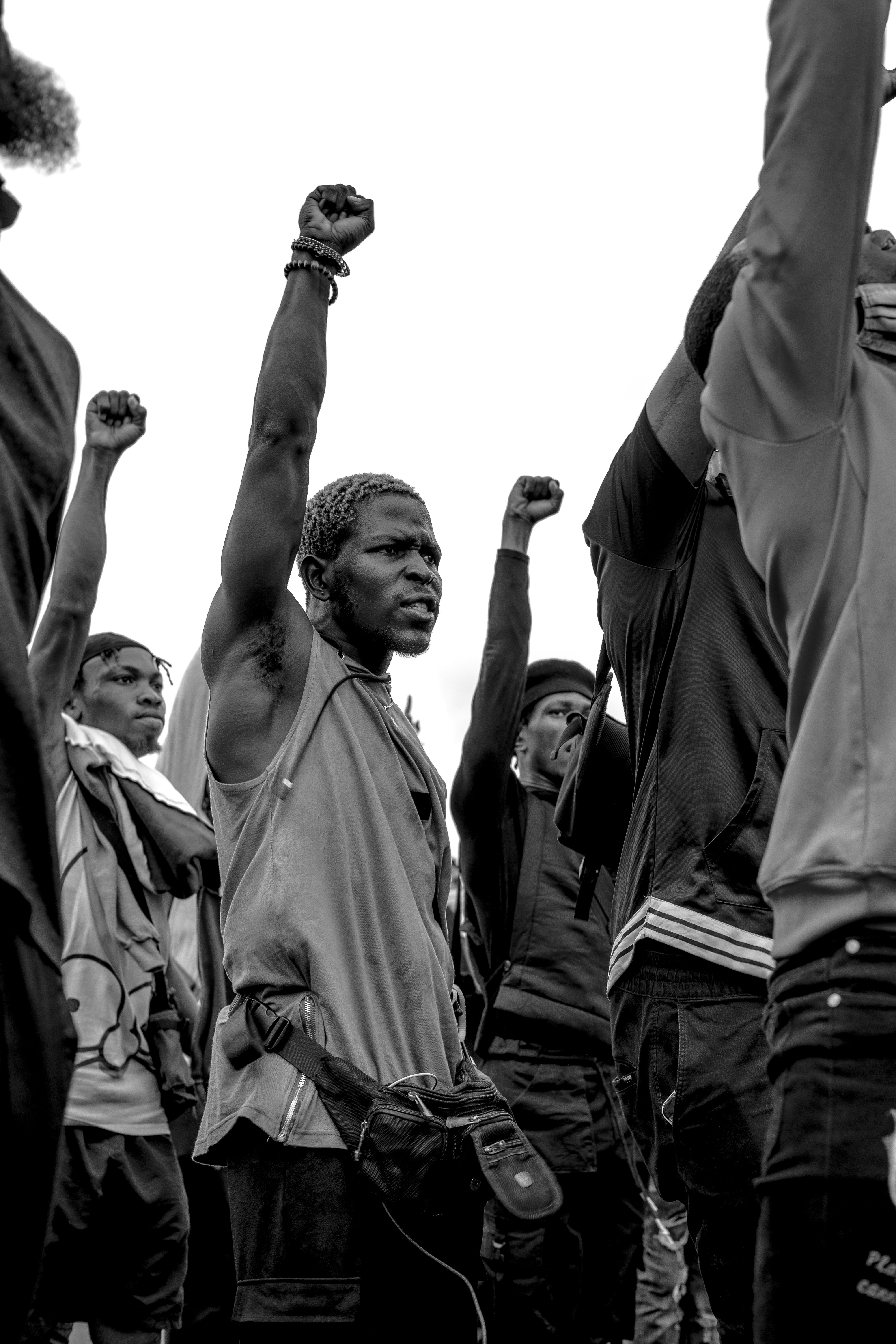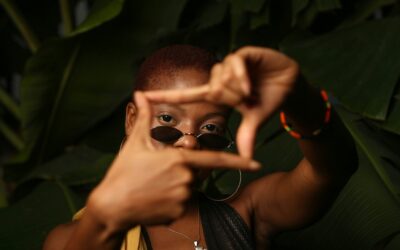In January 2017, I decided to skip my monthly haircut and instead grow my hair. My reasons? They varied, but it mainly boiled down to not knowing what my hair is capable of doing. I knew I could grow an afro because I’m Black as it comes with the genetic package, but what else could my hair do?
At the time, I was going through signifcant experiences. Just the year before, I embarked on various solo trips, began a new job from Canada Toronto, and started to know myself. Pretty much every aspect of my life had changed at that point, except for my hairstyle.
Usually, I cut my hair once or twice a month, depending on the occasion, and my style of choice is an original low cut. However, I’ve rocked various styles in the past. Ranging from hightops, to mohawks or fades with a curly top (the old Kendrick Lamar look).
Here’s one of my old hairstyles to give you some visual aid
The Learning Curve
Growing out my hair was a pretty deep learning curve. Not only did I have to teach myself how to properly take care of my hair (which is a whole other area in itself) but learn how to love my hair just the way it is.
In its natural state, my hair is coily, curly in other places, and strong. Once I grew my afro out, I quickly learned about “shrinkage” which is what happens to black kinky hair. Black hair is magical. It looks compact on the outset but once water hits it, it comes alive and stretches.
Youtube helped a lot in my hair journey. On the loving my hair part, that involved me staring at the mirror and playing with my hair and pretty much coming to terms with how it looks and embracing it.
The shrinkage is real
Hair is a touchy subject… literally
The stigma amongst African and Caribbean culture and broader society around black hair tends to be negative. Black men are taught to keep a “clean low cut,” while Black women are forced to make their hair look more “presentable”.
Both are chastised by parents when it comes to growing and styling their hair. In the broader society, hair is a touchy subject, literally. Non-black people tend to either abuse or almost fetishize black people’s hair. I’m confident if you were to ask any Black woman if someone had ever tried to touch their hair without permission, you’d get a resounding “Always.”
The same rule applies for black men, but the prevalence is nowhere near as much compared to black women. To be fair, I’ve had it happen to me a few times while growing my afro, but I get it more now because I have pretty long locs.
A question to ask is, why do black women get this the most? Could it be because men don’t compliment other men that much about hair? Or do women have more hairstyles? Maybe if men grew their hair too, they’d also receive an equal amount of treatment. Who knows?
The transition
After growing my afro for about a year and a half, I decided to take the leap and form locs. The process involves either leaving your hair to freeform or twisting it with a comb and gel, or braiding your hair and leaving it. Locs, are otherwise called dreadlocks or dreads, and they tend to be associated with the Caribbean culture, specifically Jamaica.
I knew it would be permanent as once you loc your hair, it’s difficult to remove them unless you cut them off. The actual date of my loc journey was the 29th of August 2018 — yes I keep a record. Luckily for me, because I live in South London, I’m only a stone’s throw away from black hair salons. At the top of my high street, I found a small hair salon owned by a young woman and her mother.
They helped me get started on my hair journey, and I have been going to them ever since. Over time, I created a bond with them, and we’ve had great conversations about loads of topics. They’ve even invited me to their house and given me traditional Caribbean food on numerous occasions. Visiting them is somewhat therapeutic, as they always put a smile on my face.
The growth
The early days of my loc journey were frustrating. I constantly measured my hair and questioning if it was even growing. I would always ask questions when I bumped into people with longer locs than mine. Like:
“How long have you been growing yours for?”
“What do you use to make it look like that?”
As the months passed, my hair started to mature and grow way faster than anticipated. Not only did my hair grow, but so did I as a person. It was an overall growth. As I write this, I’m fast approaching my three-year hair-versary (did I just make a word up?). And in terms of length, well, you can see for yourself how it looks.
3 months
About 1 year
2 years and a few months
I love my hair now and growing it out taught me how to embrace it and appreciate black/afro hair for its true beauty.

